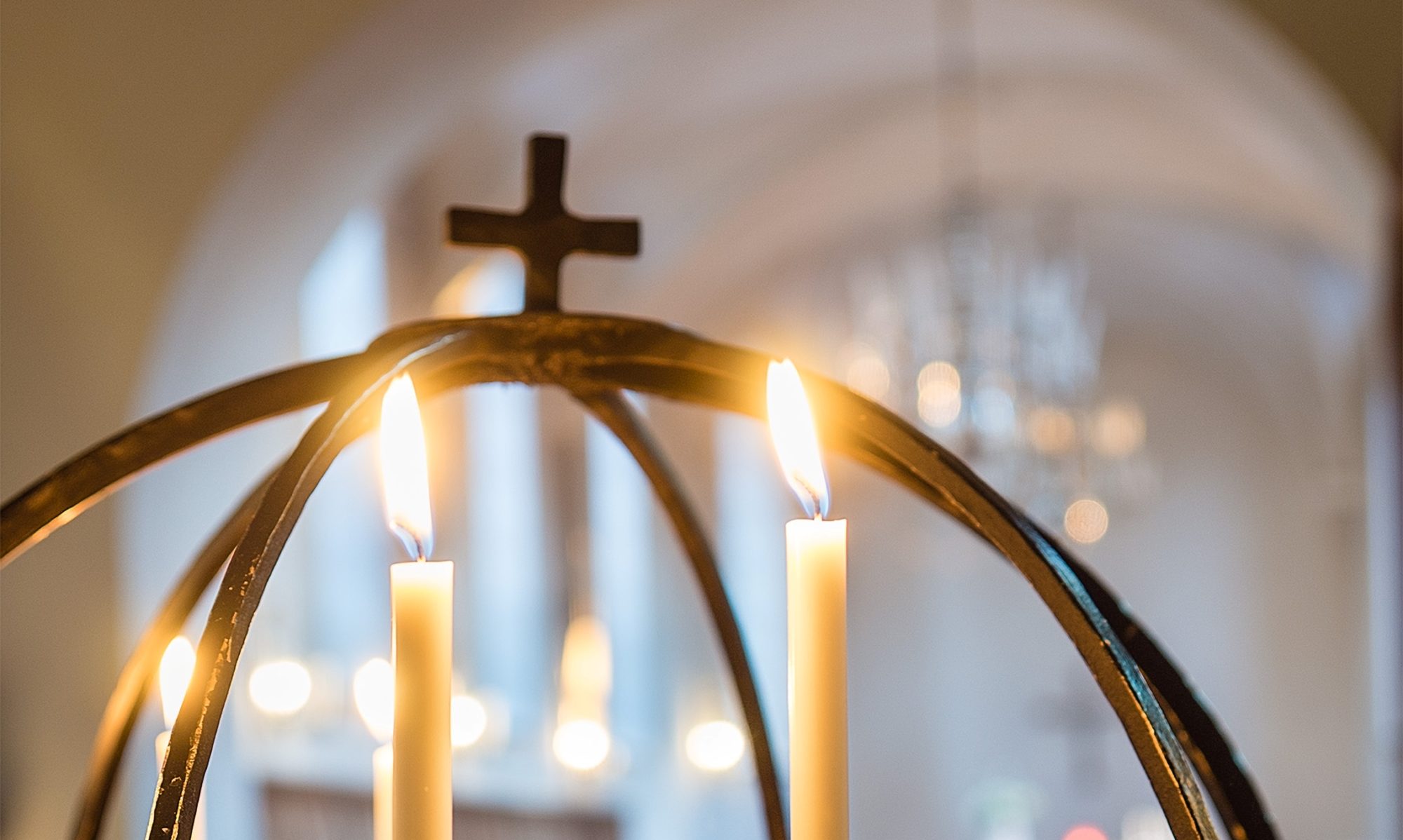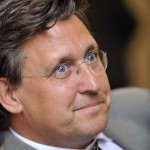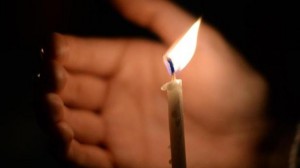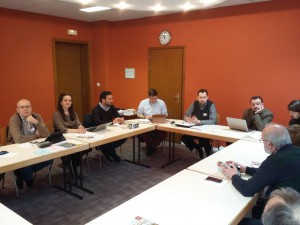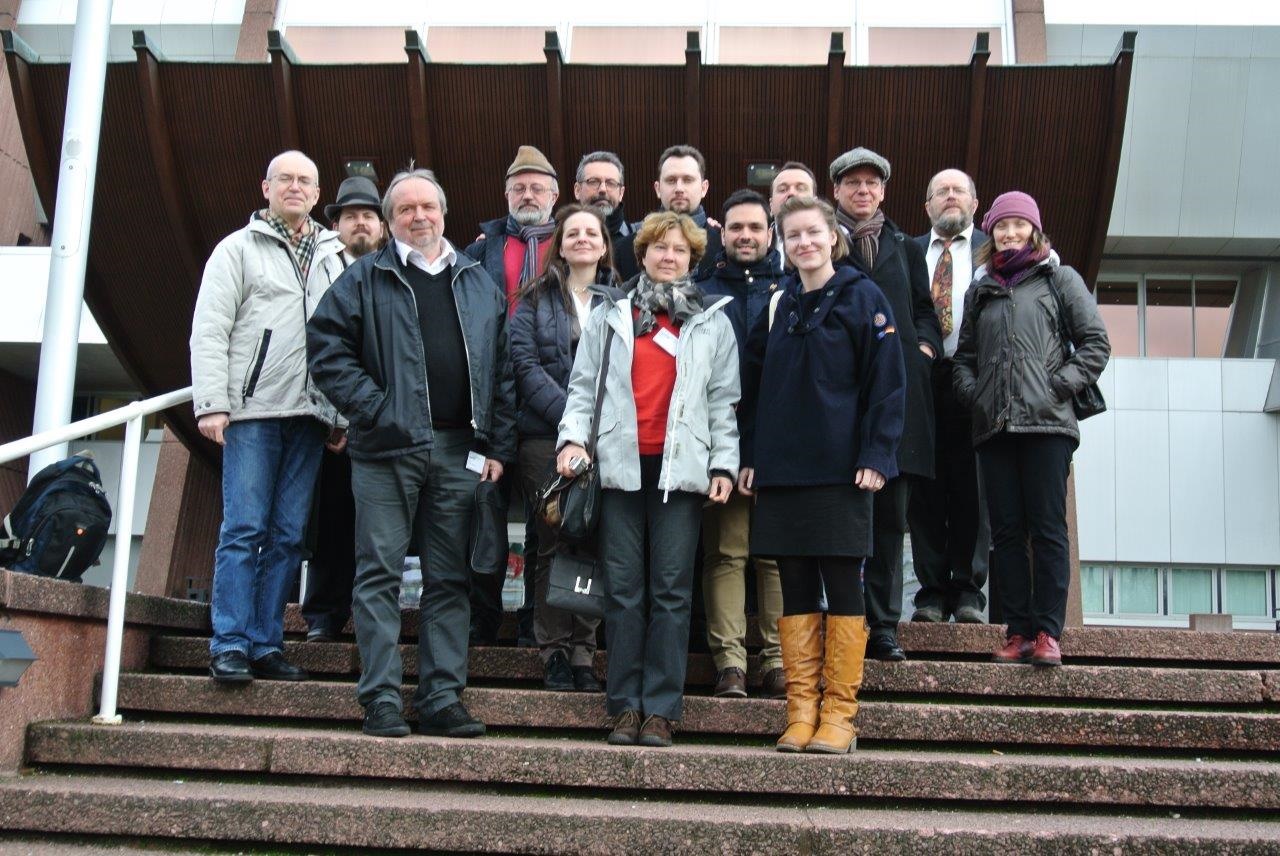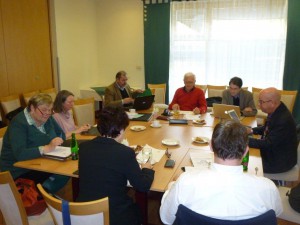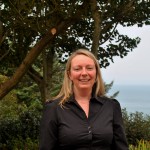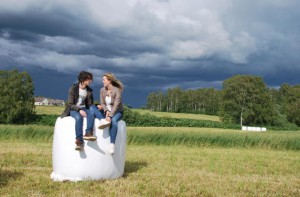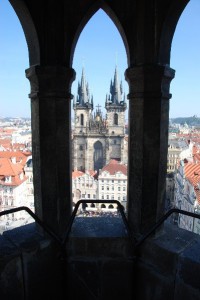
The Sigtuna Foundation, 20-22 May 2016
We would like to remind you all about our previous invitation to this conference at the Sigtuna Foundation in May 2016.
Together with the Norwegian Areopagos Foundation and the Tao Fong Shan Foundation in Hong Kong, the Sigtuna Foundation is organizing this conference in Sigtuna in May this year. The idea is to use the so-called Umbrella Movement in Hong Kong, a social protest movement in the Fall of 2014 that was widely covered in European media, as a lens to understand the Chinese situation and to explore further several more general questions.
Among other speakers, we are proud to present Agnes Chow, a well-known young student leader and activist in the democracy movement in Hong Kong, as one of our key note speakers.
We still have some spaces available for participants from member organizations in Oikosnet Europe for which the Sigtuna Foundation will cover all costs for food and accommodation here in Sigtuna. Participants will only have to cover their own travel expenses.
The program will be as follows (see also the separate special presentation of Saturday’s program).
If you are interested to take part in the confernce please get in touch with Lovisa.Degreefbeselin@sigtunastiftelsen.se
Friday afternoon, May 20,
14:00-14:15 Welcome and introduction (Alf Linderman, Tong Wing-sze and Raag Rolfsen)
14:15-14:45 Key note lecture: The late modern situation – the fall of ideologies and the challenges of ideal and faith based organizations/foundations (Raag Rolfsen)
14:45-15:00 Turning chairs to your neighbours’ groups, discussing these challenges
15.00-15.15 Coffee and refreshments
15:15-15:30 Tao Fong Shan (– title to be decided) (Tong Wing-sze)
15:30-15:45 Areopagos – Do What You Hear! Building Commitment in the 21st Century (Stian Aarebrot)
15.45-16.00 The Sigtuna Foundation – the founding idea and the challenges we face in the contemporary, late modern society (Alf Linderman)
16.00-16.15 Oikosnet Europe – an old network facing new times and new challenges (Rüdiger Noll or Jaap van der Sar)
16.15-17.00 Discussion in smaller groups
17.00-17.30 Concluding panel
18.30- Dinner and social evening
Saturday May 21 – Public Program Day
09.30-10.00 Coffee and refreshments
10.00-10.05 Welcome (Alf Linderman)
10.05-10.15 Introduction of the Theme (Raag Rolfsen & Tong Wing-sze)
10.15-11.00 Keynote Speech: Hong Kong’s Umbrella Movement and Beyond (Agnes Chow)
11.00-11.45 Questions and discussion
12:00-14.00 Lunch
14.00-15.30 Panel 1: Global China Connection: A Perspective from Hong Kong–China conflict (Agnes Chow, Isaac Wong, Fredrik Fällman)
15.30-16.00 Coffee and refreshments
16.00-17.30 Panel 2: Occupy Everywhere: Social Media and Public Space (Agnes Chow, Isaac Wong, Alf Linderman)
18.00-19.45 Dinner
20.00-21.30 Concert: Not talkin’ bout a Protest: Music and Spirituality (Mattias Thurfjell, Isaac Wong)
Sunday May 22
11.00 Service in Mariakyrkan – sermon by Anette Ejsing
13.00 Lunch and then departure of international guests
